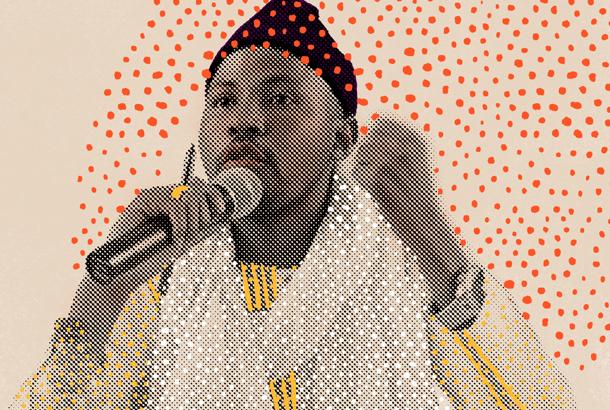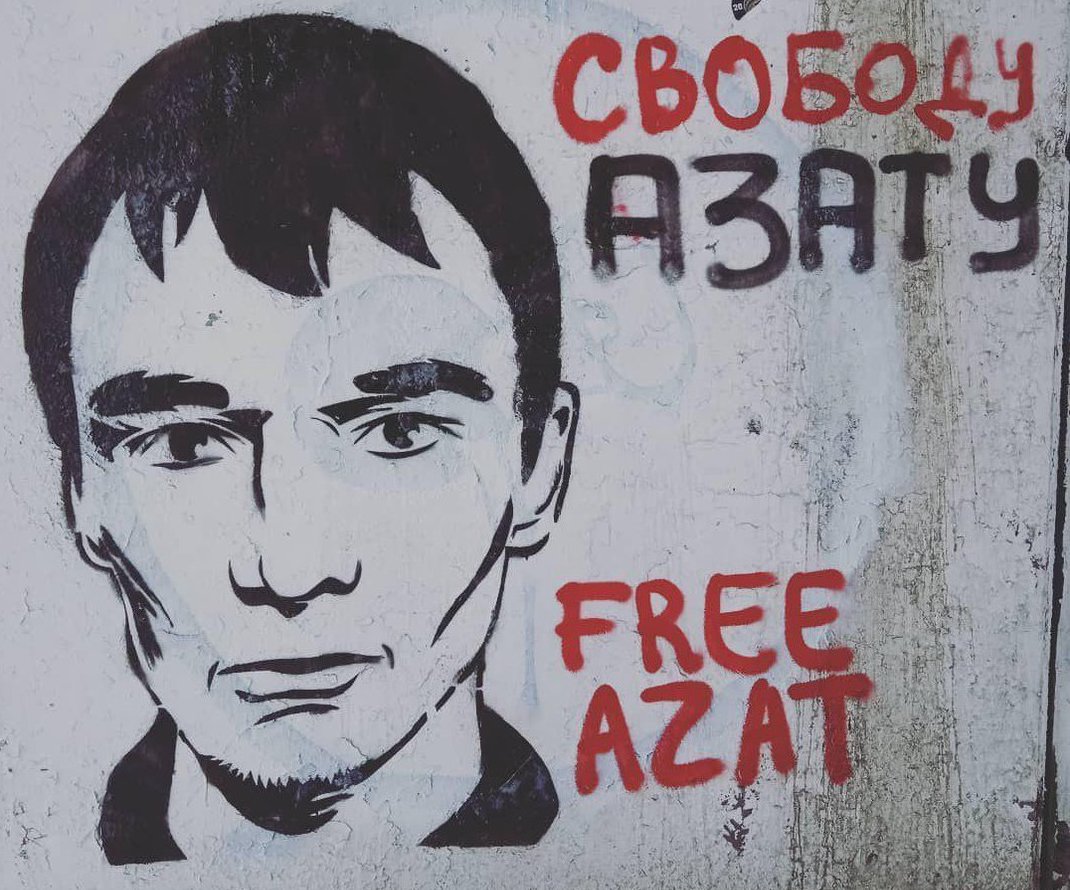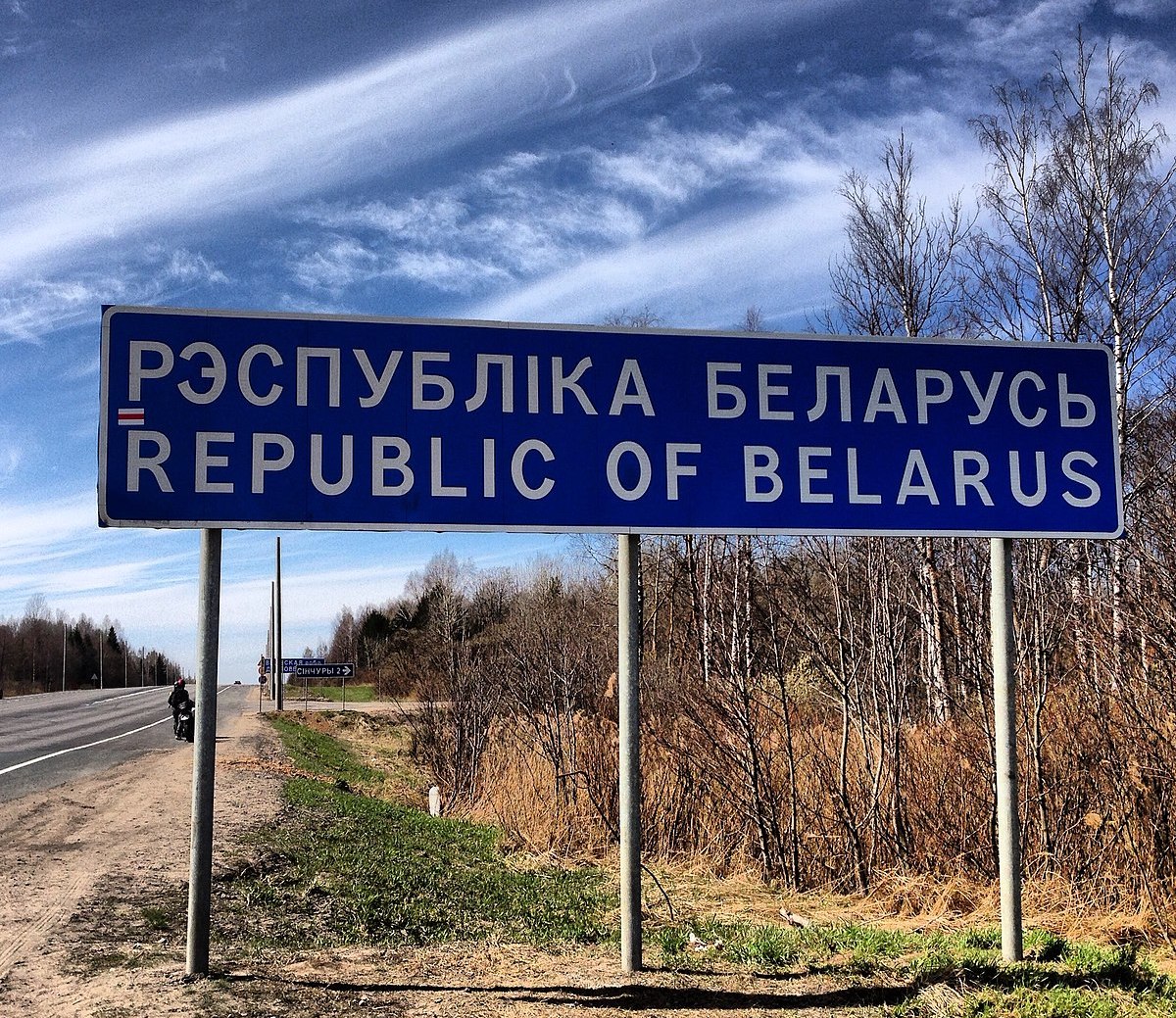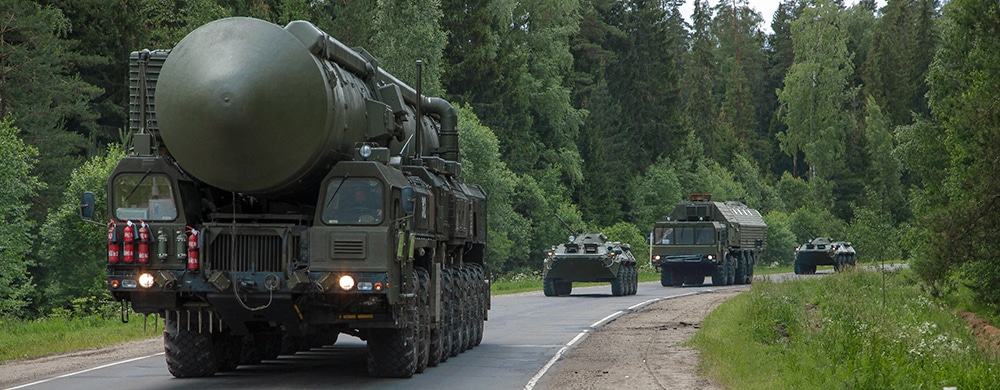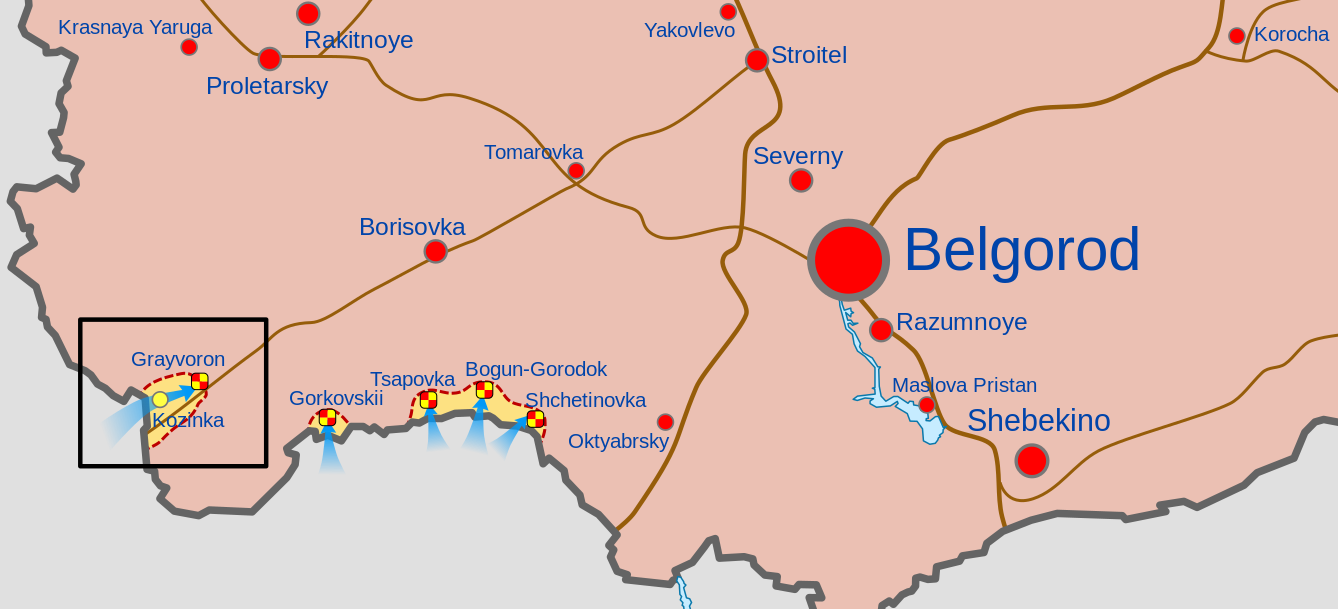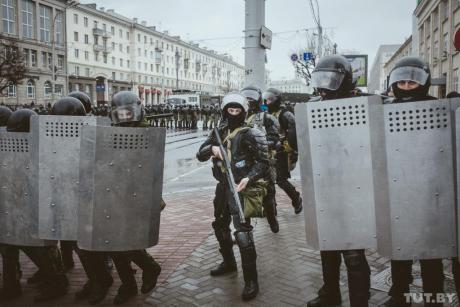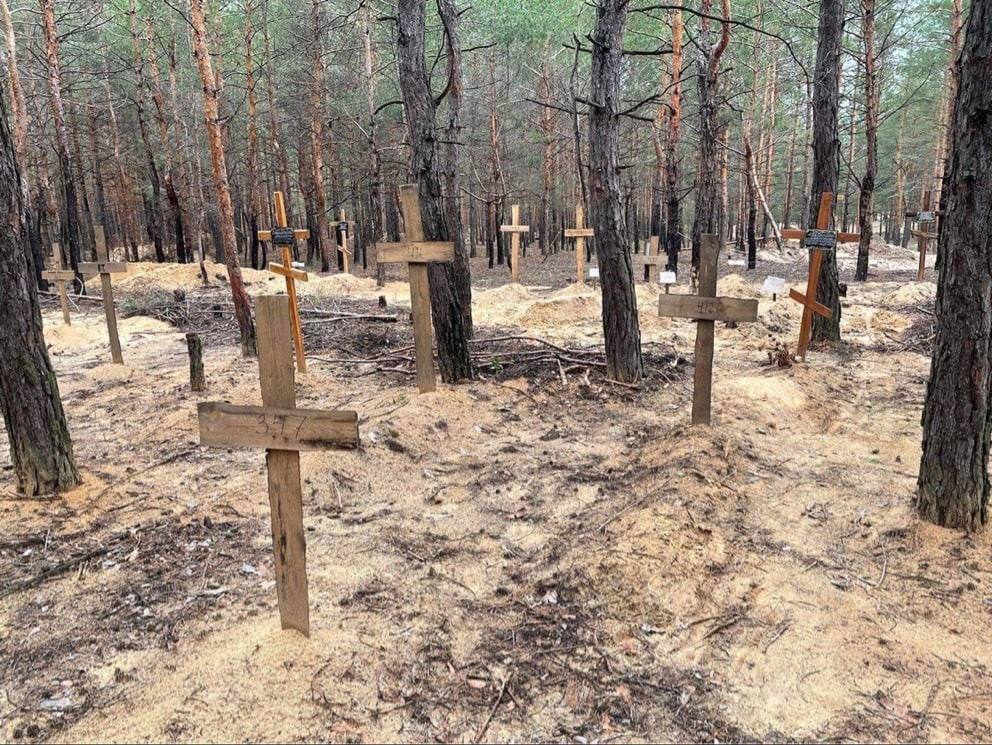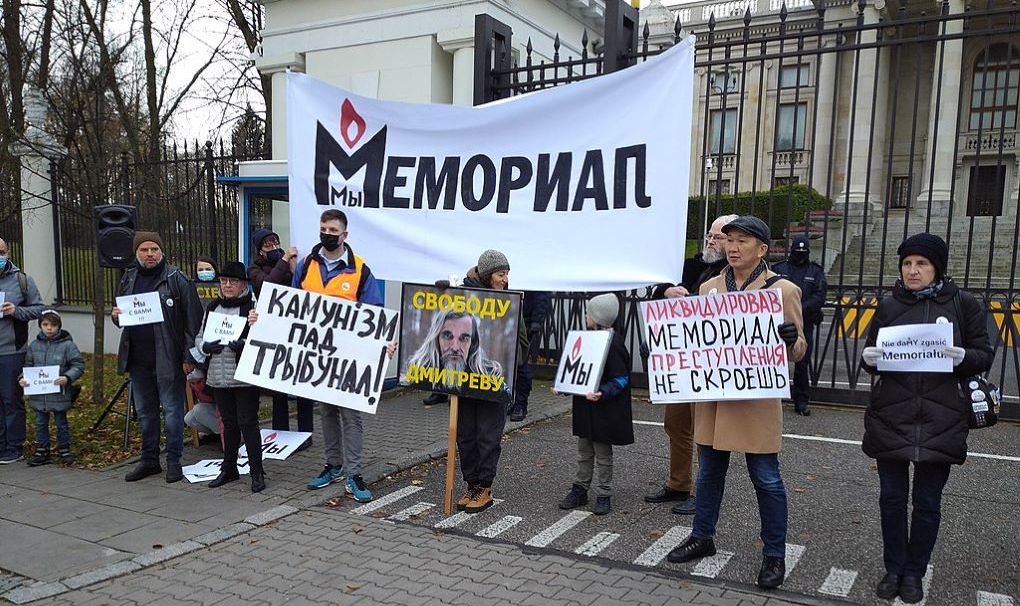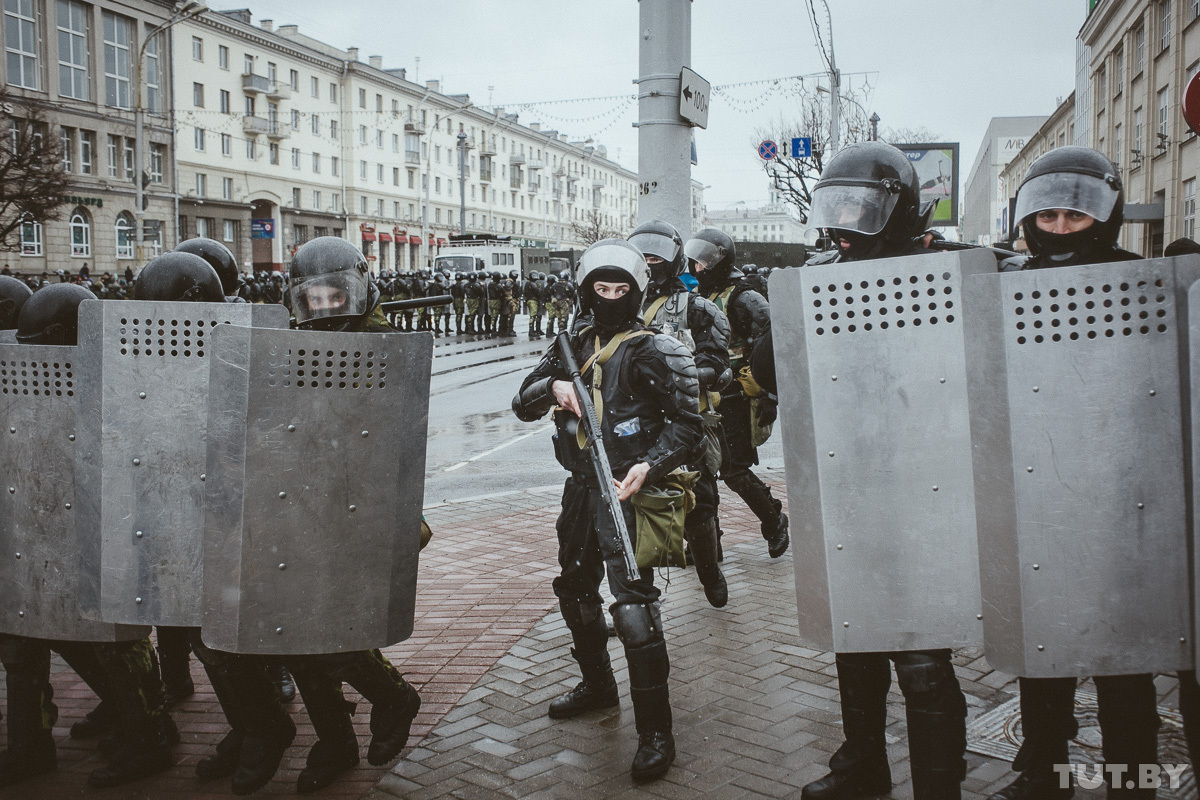
UN report sees ‘crimes against humanity’ in Belarus
The UN Human Rights Council released a report on the situation in Belarus during and since the country’s presidential election in 2020. It concludes that the crime against humanity of “persecution” may have been committed in the country. The report presents evidence on a wide range of issues, including arbitrary detentions, enforced disappearance, torture, and discrimination on grounds of political opinion. In particular, the report highlights the wave of arrests in the period from Aug. 9-14, 2020, when contested presidential election results sparked mass protests. The report says that at least 550 civil society organizations have been forced to close for fear of persecution or violence. (Photo Libcom.org)



